Stealing ideas or just using references?
FOR MANY university students, scanning the web before completing homework and copying ideas from blogs or other papers is not a big deal. However, plagiarism in academia has become a bigger and bigger issue with the increasing significance of copyright. Professors who plagiarize other thesis are disgraced and dismissed from school. Students who copy the work of others are also punished with a failing grade on the report or in the class. Then, how do Yonseians feel about this sensitive issue?
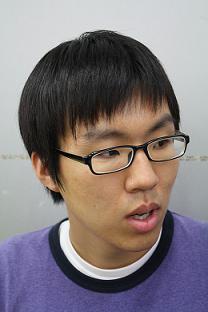 Won In-sub (Soph., Dept. of Business Admin.)
Won In-sub (Soph., Dept. of Business Admin.) We do not receive any education on plagiarism here at Yonsei. My professors never mention plagiarism at all. However, when I was at Chung-Ang University United States
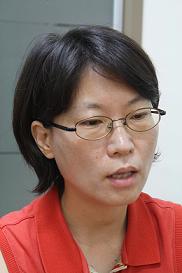 Lee In-young (Senior Researcher, Center for Educational Development and Services)
Lee In-young (Senior Researcher, Center for Educational Development and Services) In Yonsei's required writing classes, much emphasis is put on the importance of not plagiarizing. Nowadays, students are asked to include a pledge on the first page of their papers stating they did not plagiarize. However, there are no rules against plagiarism although the school authorities regard plagiarism as a serious problem. Therefore, we are planning to use the "plagiarism search system," a computer program, perhaps as early as this semester. However, the more important aspect of the problem is the general attitude concerning plagiarism. Students, if caught, do not repent but think they are unlucky since everyone plagiarizes. Many professors do not punish the students harshly, thinking that penalizing an individual is not going to make much difference. Additionally, most students are used to utilizing the information on the web, since they have been doing this in junior high and high school. This demonstrates our educational system's failure to encourage individual development of the students. At Yonsei, we do what we can within our institution to prevent plagiarism.
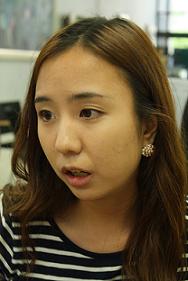 Kim Soo-hyun (Sr., Dept. of Communication)
Kim Soo-hyun (Sr., Dept. of Communication) A lot of students plagiarize on their papers by downloading reports or copying and pasting off of blogs. Using these sources as references is not plagiarism but using the same words definitely is a serious problem. The education on such matter is lacking and the professors say not to do it, but they do not take much action against it. I went to an international high school in Shanghai
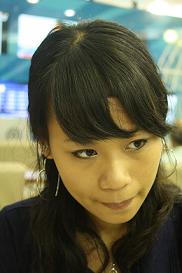 Vu Ngoc Thuy (Jr., UIC, Dept. of Econ.)
Vu Ngoc Thuy (Jr., UIC, Dept. of Econ.) Before I came to Yonsei, I studied in Vietnam
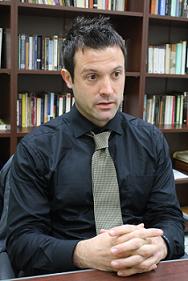 Kelly Walsh (Prof., UIC, Comparative Lit. & Culture)
Kelly Walsh (Prof., UIC, Comparative Lit. & Culture) In the United States, where I am from, plagiarism results in not only failing the class but a serious academic warning, which may even cause the expulsion of a student. Presenting the ideas of others as your own is an intellectually dishonest act, and I personally make sure to explain my policy on plagiarism at the beginning of the semester. But above all, I think there should be more of an emphasis on critical thinking in high school education. In Korea, students seem to be more focused on cramming and getting the right answer to reproduce on an exam rather than developing creativity. American students are asked more often to formulate original ideas and support them without using references as a guideline. Plagiarizing is more than a matter of theft. For me, as a scholar, it is a matter of integrity and honor. It is always more honorable to fail on your own than to get an A with someone else's idea.
Roh Shin-young
shiny922@yonsei.ac.kr

